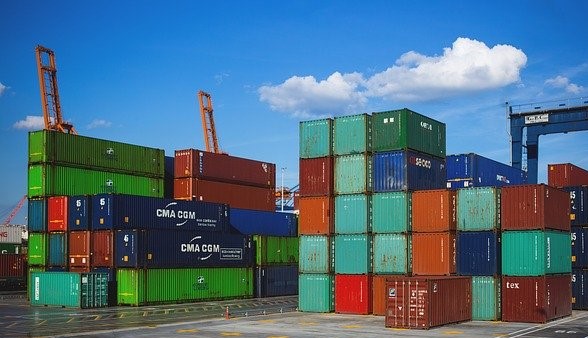The cost-of-living issue is a painful problem for the Israeli public and likely to grow more acute under war conditions. One of the causes of rising costs is the difficulty of importing goods to Israel; the importation of goods and services as a percentage of GDP is significantly lower in Israel than in other OECD countries. The government is currently trying to fight the high cost of living with a reform program that aims to align Israel with Western practices, but there is still much to be done.
This past month, the Knesset implemented the first part of the Ministry of Economy’s reform project under the slogan “what’s good for Europe is good for Israel”, by ratifying an amendment to the Import and Export Order. This part of the reform deals with the way goods that are regulated by official standards enter Israel. This category includes a wide range of products including toys, electrical appliances, bicycles, ceramic tiles and more. The amendment aims to prevent the delay of these goods at port stemming from the requirement to check their conformity with standards, and authorize their direct release to the importers’ warehouses. Oversight of conformity with standards will instead be conducted by reviewing samples of these products “on the shelf” (i.e. being sold in the market) according to risk evaluation analysis, as is the norm in Europe.
This reform is a positive step and points to a conceptual shift in import regulation and to the desire to remove trade barriers that obstruct business and raise costs. It is, however, important to bear in mind that this amendment alone cannot bring about enough significant change to make the difference apparent in the regulatory burden or in the subsequent prices of goods existing today, for several reasons.
In the course of a series of studies researching the subject of import regulation in Israel, we recently published the second policy paper, presenting the extant failings of regulation enforcement. The first significant failing that will persist despite the amendment is the fact that products that conform to European Market standards cannot be freely imported, but must rather meet standardization requirements that are unique to Israel. Hundreds of standards will still compel importers to obtain the approval of a model before products can be imported. For instance, importers of electrical tools such as drills and screwdrivers will remain obligated to deliver a sample of the product they wish to import to a Standards Institution of Israel laboratory to obtain its approval. The amendment will only allow them to avoid delaying their shipments at port until their contents are confirmed as products the model of which was approved. The costs of model approvals are themselves high and vary according to the type of test required. Electrical appliance tests can reach 2,800 shekels; electric bikes can reach 22,000 shekels. Moreover, products are sometimes categorized as new products requiring a separate model approval even for slight variations like color or the size of a plastic bag. An electronics importer told us of a case in which a shipment of his containing 54 models of chargers and earphones required a separate model approval for every different color, something he ended up paying over 100,000 shekels for.
Additionally, the current change addresses only official standardization, while our research has shown that irrespective of such standards, Israel has over 200 licenses that match the World Trade Organization’s definition of an importation license. The approval bodies for these licenses are wide ranging, including various departments and heads of offices in various ministries, most of them in the Ministries of Health, Transport, Agriculture and Economy. In order to obtain a license, applicants must usually submit various approvals that their products meet the standards set in internal procedures or guidelines by the regulatory body, or certificates that attest to the importers’ themselves meeting standards that have been so set, such as rental agreements, warehouse floor plans and more. Most license requirements include the requirement for a business license. This alone can be a lengthy, cumbersome, and wearying process, with additional high-cost requirements. Often, obtaining a license requires dealing with a variety of regulators appointed by local authorities, The National Fire & Rescue Authority, the Ministry of Health, The Ministry of Interior, the Ministry of Environmental Protection, and others.
Under these circumstances, we must hope that the reform will extend to adopting the European import regulation model in full, in order to bring about real change that will have the kind of impact both importers and consumers can feel.
We should, in regard to standardization requirements, act as do other countries who are not members of the European single market, like Switzerland, and allow the free entry of all goods that conform to the Single Market Directives, rather than demand conformity to unique Israeli standards.
Import licensing should be repurposed according to the “single window” paradigm accepted throughout the world, which allows importers to interact with only one regulatory agency. The interface of such should grant automatic licenses and reject applications of untrustworthy importers only with good reason.
Such steps will align us with the West and reduce the cost of living.
First published in Hebrew in Makor Rishon



